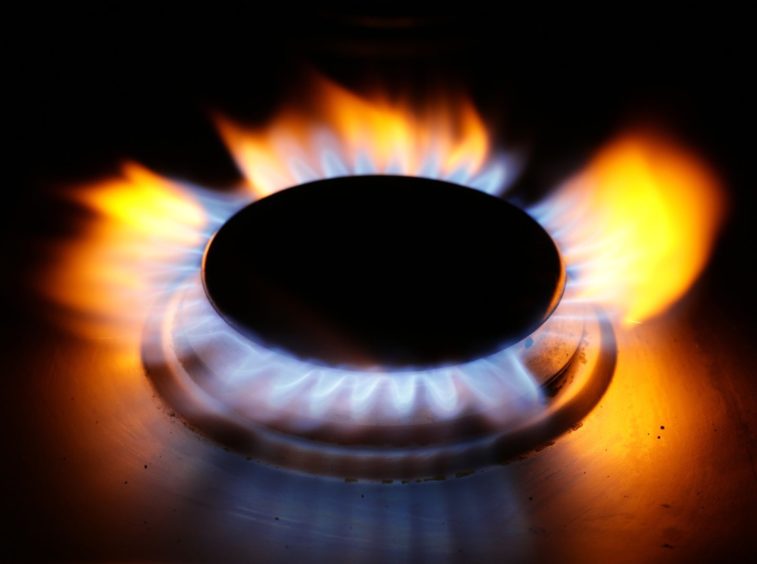
Energy bills for 15 million households will increase by at least £139 to a record high from October due to a rise in wholesale prices, the UK’s energy regulator has announced.
Watchdog Ofgem said yesterday that energy customers on default tariffs paying by direct debit will see the sharpest jump in prices since the cap was introduced, taking average bills to £1,277.
Pre-payment customers will see costs rise by £153, from £1,156 to £1,309.
The increase has been driven by a rise of more than 50% in energy costs over the last six months, with gas prices hitting a record high as inflation jumped amid the easing of pandemic restrictions, Ofgem said.
Chief executive Jonathan Brearley said: “This is clearly a difficult decision to make.
“Higher energy bills are never welcome and the timing and size of this increase will be particularly difficult for many families still struggling with the impact of the pandemic.
“The price cap means suppliers only pass on legitimate costs of supplying energy and cannot charge more than the level of the price cap, although they can charge less.
“If you’re struggling to pay your bill you can get in touch with your supplier to access the help that’s available and, if possible, shop around for a better deal.
“I appreciate this is extremely difficult news for many people.
“My commitment to customers is that Ofgem will continue to do everything we can to ensure they are protected this winter, especially those in vulnerable circumstances.”
Industry-watchers had expected Ofgem to hike the price cap by around £150 from its current level of £1,138 for an average household’s gas and electricity bills.
The new rate will come into force from October 1 for customers on their supplier’s default tariffs.
Households that shop around and sign up to fixed plans with suppliers are not subject to the price cap.
Customers are often able to save hundreds of pounds by choosing a fixed tariff over the default.
The regulator reviews the price cap once every six months, and changes it based on the cost that suppliers have to pay for their energy, cost of policies and operating costs, among other things.
Mr Brearley disagreed with claims that the energy price cap is rising because of the cost of cutting emissions.
On a call with reporters, he said: “It’s pretty clear to us that the change right now is being driven by a change in fossil fuel prices.
“And that’s really what’s driving what’s happened today.”
Wholesale energy prices have increased by £155, Ofgem said, and £144 of this was due to a rise in gas prices.
About £9 of the wholesale price rise was due to carbon prices.
Responding to the price rise, James Plunkett, of Citizens Advice, said: “This price hike could lead to a perfect storm for families this autumn, hitting people at the same time as a Universal Credit cut and the end of furlough. It’s particularly worrying given families on Universal Credit are far more likely to already be in energy debt.
“With bills rising and incomes falling, many families will find it hard to escape. For many, debt will be the inevitable consequence.
“It all adds to the growing case to rethink the government’s planned cut to Universal Credit and keep this lifeline which has been vital to keeping so many afloat.”
Gary Smith, general secretary of the GMB union, said: “This is further evidence of the UK’s increasingly shambolic energy and industrial policies, piling pressure on the poorest households while increasing our dependence on energy imports.”
Recommended for you
